Tackling the issue of oversimplification
To prevent students from falling back to a lazy cynicism about historical interpretations, I like to use the following approach which I term the “IMA” approach to unpicking interpretations. This works best when students are asked to read extended extracts from historians, or even whole articles. It certainly would not work with tiny gobbets. In essence, the process involves:


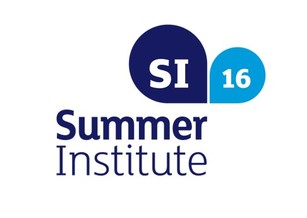
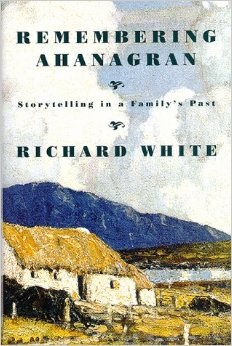
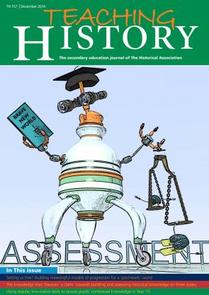

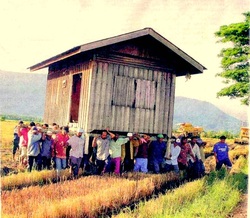
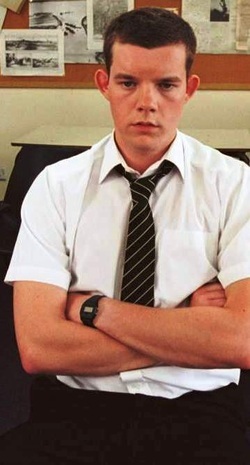
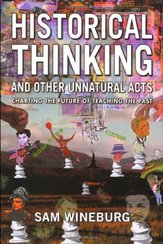
 RSS Feed
RSS Feed
